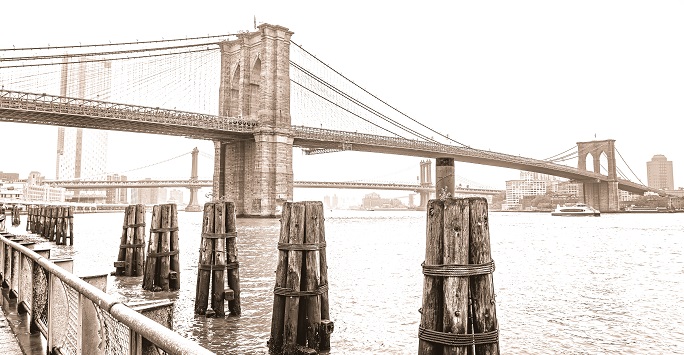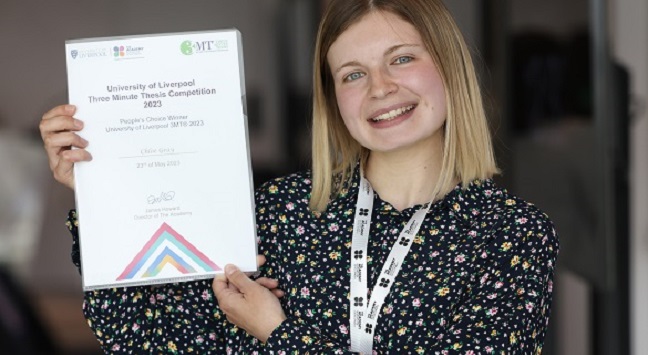
Soft computing to accelerate fulfilment & logistics efficiency
The SCALE project: developing novel last-mile logistics delivery system that leverages the power of multiple localised storage depots and multi-modal delivery options

Melting metropolis: Everyday Histories of Heat and Health in London, New York, and Paris since 1945
Melting Metropolis is a Wellcome-funded project exploring how Londoners, New Yorkers and Parisians have thought and felt about heat and its impact on their health.

Liverpool joins new £21.3m UK Maritime Research Hub
The UK National Clean Maritime Research Hub (UK-MaRes Hub) is a national research partnership aiming to decarbonise the UK maritime sector.

Using low-cost sensors to improve air pollution monitoring - a three minute thesis!
Chloe Gray is investigating the properties of a type of air pollution called particulate matter (PM) which is pollution made up of tiny particles of solids or liquids that are in the air such as dust, dirt, soot, smoke or drops of liquid.

Cities Alive: Designing Cities That Work for Women
University of Liverpool planners contributed to a report launched in 2022 that called for urgent action to remove the gender bias built into cities and improve women’s safety, their health, and access to education and employment.
.jpg)
